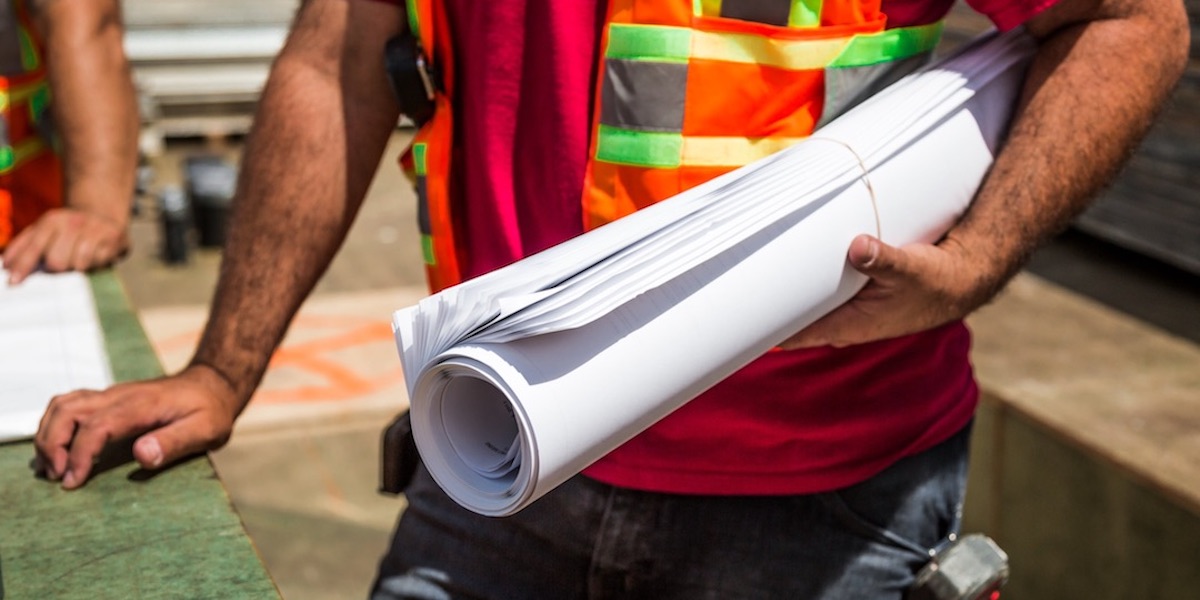On July 14, 2020, Harry Bains, BC’s Minister of Labour, introduced Bill 23 – the Workers Compensation Amendment Act, 2020. If approved, Bill 23 will change the existing law under the BC Workers Compensation Act.
In a news release, the Provincial Government explained that these proposed changes were based on expert reviews by Lisa Jean Helps, Paul Petrie, and Terry Bogyo in 2018 and 2019. The Provincial Government also relied on a February 2020 report by industry expert Jeff Parr. You can find all four of these reports here.
Bill 23 purportedly aims to improve support for injured workers and advance worker safety, while also keeping the system affordable and stable for employers. Some of the important highlights for workers include:
- Paying healthcare costs before a worker’s claim has been accepted or denied, without requiring workers to pay back the costs if the claim is denied. This would help workers get the treatment they need, when they need it. Under the current system, an injured worker has to wait until their claim is accepted before WorkSafeBC will cover their treatment.
- Increasing the maximum wage rate to $100,000.00 for 2021. The maximum wage rate for 2020 is $87,100.00. The current scheduled maximum wage rate for 2021 is $89,800.00.
- Streamlining WorkSafeBC’s response to COVID-19. Bill 23 would accomplish this by removing the 90-day mandatory waiting period for bringing WorkSafeBC regulations into effect, if they relate to an “occupational disease that is an infection caused by a communicable viral pathogen,” such as COVID-19.
- Empowering the Workers Compensation Appeal Tribunal (“WCAT”) to consider issues like discrimination under the Canadian Charter of Rights and Freedoms and the BC Human Rights Code. At this time, WCAT cannot make decisions about issues under the Charter or the BC Human Rights Code.
- Changing how permanent partial disability (“PPD”) award payments are calculated. Currently, the loss of function method is used in most cases. The loss of earnings method is only used if certain exceptions apply. If Bill 23 passes and becomes law, WorkSafeBC would calculate the PPD award using both methods for all workers, and then select the higher paying option.
- Determining a worker’s retirement date after the worker turns 63. WorkSafeBC currently makes this decision at the time of injury, even for younger workers.




